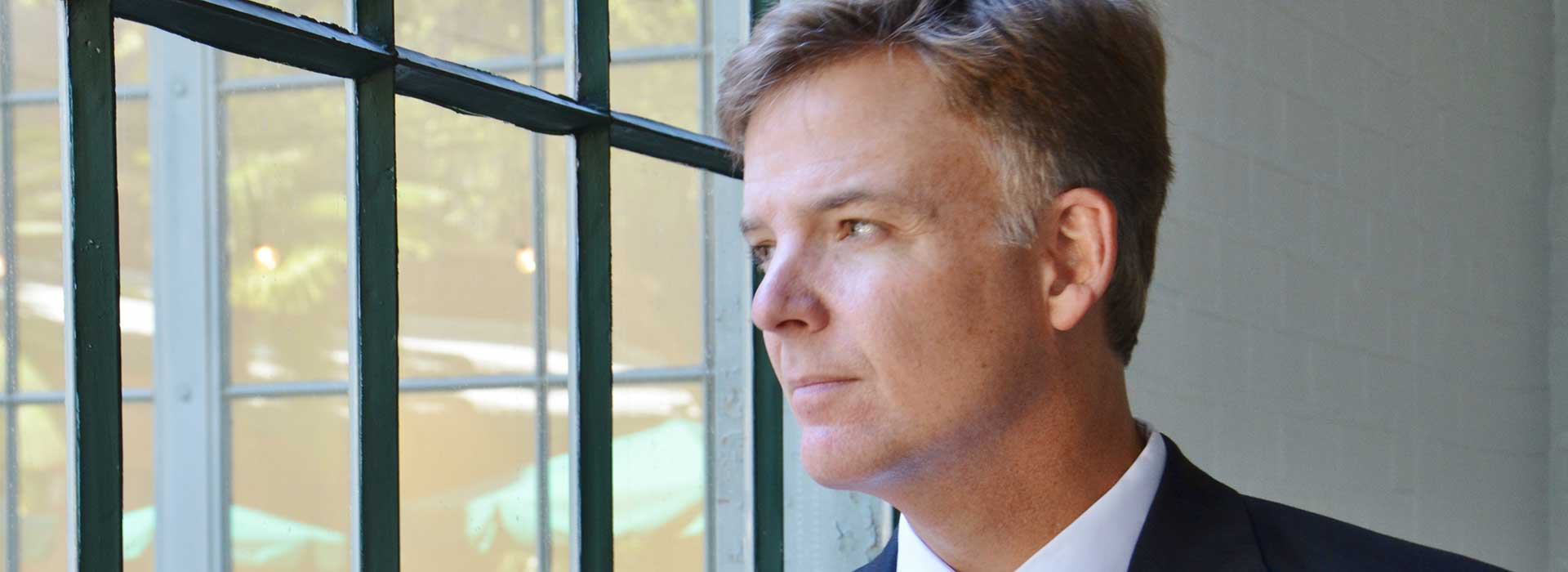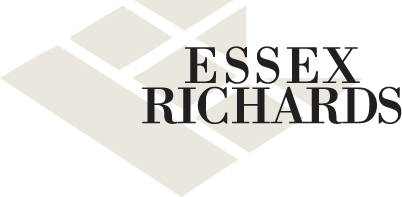Alternative Dispute Resolution & Collaborative Family Law - Charlotte, NC
Providing Alternatives
Litigation should be a last resort in family law. No one "wins" when a family is dragged through the court system. The family dynamic certainly changes with divorce, but parties, especially parents, should strive to maintain working relationships. Litigation can be exceedingly expensive and can destroy working relationships and the ability to effectively co-parent thereafter, which then adversely affects children and their development.
Fortunately there are effective alternative dispute procedures available such as mediation and collaborative law, which have proven to be both highly successful and more cost efficient. When parties are able to work with one another with lawyers in an effort to control their own compromises, everyone wins - most importantly the children.
Our Experience
Mediation has long been a successful way to resolve cases. The parties attempt to settle their issues with the help of their lawyers and a third party neutral. Mediation takes place at a neutral location, with all parties present. The parties are located in separate rooms with their lawyers and the mediator communicating between rooms, in an attempt to help the parties resolve their differences. Parties often settle their case entirely in one session. Our lawyers are trained and highly experienced with mediation. Two are certified as family financial mediators by the State of North Carolina, which helps broaden their understanding and effectiveness in representing clients in mediation.
Collaborative Law is another effective alternative to litigation in helping parties resolve their case. Historically, good lawyers have encouraged negotiation first, but even negotiation can be time consuming and inefficient despite everyone's best efforts. Collaborative law is a process designed to streamline negotiation and problem solving. While maintaining their role as advocates for their clients, lawyers and their clients meet together in a series of "four-way" conferences in an effort to establish goals and priorities. While hard conversations are had, the parties and lawyers pledge together through a contract to attempt to be respectful and fair, and to provide any necessary documentation to one another. As the process moves forward, lawyers are also able to talk and correspond directly as well so that the parties don't always feel the need to meet. Our lawyers are all trained and experienced in the collaborative process.
Who can help?


